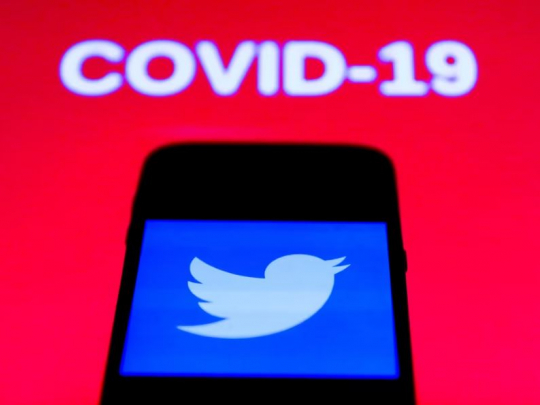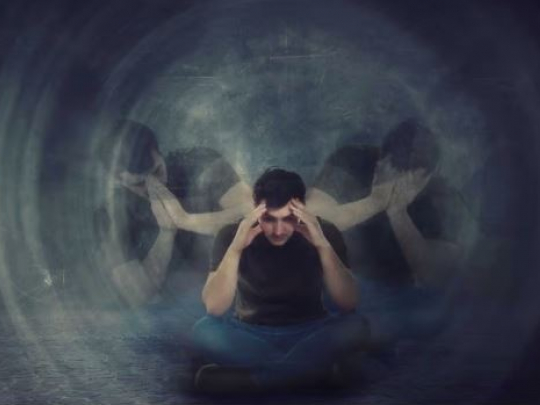Psychological Damage From Pandemic Lockdowns Could Last A Generation

Despite the fact that mask regulations are gradually being phased out, millions of Americans are struggling to acclimate to the new normal. Such psychological damage from pandemic lockdowns could last a generation, warns professionals.
The reality that perhaps the COVID pandemic has sparked an enormous mental health catastrophe should not astonish anyone at this juncture.
Apart from the clear physical effects of the pandemic, mental health doctors have told CNBC that several individuals have been struggling with the enormous psychological and sociological shifts just as some of the limitations on commerce and mobility have begun to relax. As a result, numerous people are concerned that the pandemic’s psychological effects will span a generation.
Despite the fact that mask regulations are gradually being phased out, millions of Americans are struggling to acclimate to the “new normal.”
Valentine Raiteri, a New York-based psychologist, told CNBC: “I have never been as busy in my life and I’ve never seen my colleagues as busy.”

Even his competitor is packed, so he’s having trouble referring patients. “Nobody’s taking new patients.”
“I can’t refer people to other people because everybody is full. Nobody’s taking new patients…So I’ve never been as busy in my life, during the pandemic, and ever in my career,” he’s also noticed an inflow of past patients returning to him for support, he said.
Several of Raiteri’s patients are still operating remotely, and many are experiencing feelings of loneliness, he said. They are “disconnected and lost, and they just have this kind of malaise.”
“That is really hard for me to do anything about,” he said, noting: “I can’t make the pressures disappear. I can always treat the illness that it provokes.”
Many research have discovered that psychological state has deteriorated significantly.
It discovered that mental health had deteriorated drastically during that year, with an approximated 53 million new instances of major depressive disorders and 76 million new instances of anxiety disorders seen worldwide.
Raiteri noted that the lack of interpersonal connection has been a major factor in his patients’ depression.
“There’s definitely a huge mental health impact from a long period of uncertainty and change that’s left people very isolated and not sure how to connect. Just being out in public and interacting in a very casual way with strangers or mild acquaintances, that’s very regulating, and norm-creating and reality affirming.”
This has created a “big pressure cooker, especially for people who already have a vulnerability,” he said.
According to one London-based psychologist, the pandemic’s seclusion drove numerous individuals to address personal concerns like as alcoholism.
Alcoholism, interpersonal issues, isolation, and loneliness, according to Natalie Bodart, a clinical psychologist in London who runs her own practise, are the most common problems she sees in her patients.
“Our day to day lives serve as great defense mechanisms, we have lots of distractions that help us to avoid things, for good and for ill,” she said.
People, on the other hand, have difficulty managing when these daily diversions are removed.
“For example, we have had younger people that have come to us and said, ‘now that I’m not doing my very sociable busy job anymore, I realize I’ve got a problem with alcohol.’ And why is that? Well, that’s because it can’t be covered up anymore by the fact that their work demands that they socialize and drink a lot.
Or, people who have been in relationships where they don’t see that much of their partner, so it works, it functions, but then you’re stuck at home with that person and suddenly realize, actually, there’s a lot of things coming out that we just haven’t confronted or haven’t realized.”
According to Statista, depression is on the rise all around the globe.
Source: Statista
Statista has a lot more infographics.
The major question now is whether or not this will begin to alter as the world attempts to return to “normal.”
- Source : GreatGameIndia



















